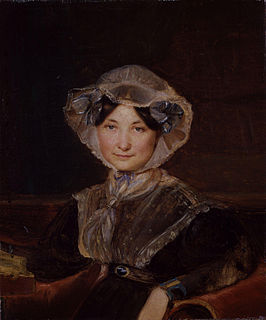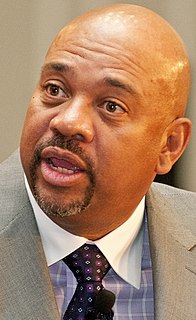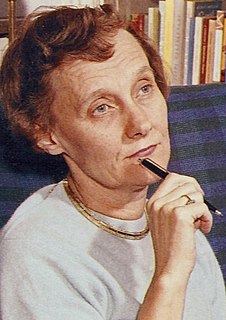A Quote by Philip Roth
We live in an age in which the imagination of the novelist is helpless against what he knows he is going to read in tomorrow's newspaper.
Related Quotes
Greed arises only because your present moment is empty, and to live in an empty moment hurts very much. To forget it you project greed into the future, thinking that tomorrow things are going to be better, a lottery is going to open in your name. But of course you have to wait for tomorrow, it cannot be just now - and tomorrow never comes. All that comes is always the present moment, which is empty. Greed is because we don't know how to live the present moment in its total richness.
Throughout all ranks of society, from the successful merchant, which is the highest, to the domestic serving man, which is the lowest, they are all too actively employed to read, except at such broken moments as may suffice for a peep at a newspaper. It is for this reason, I presume, that every American newspaper is more or less a magazine.
The professions of novelist and journalist are very separate. As a novelist, you are ultimately working for yourself. Yes, you need the approval of a publisher and an audience, but what is valued in fiction writing - style, individual voice, insight - is scorned by the editor who is combing through your newspaper article.
Every day or two, I strolled to the village to hear some of the gossip which is incessantly going on there, circulating either from mouth to mouth, or from newspaper to newspaper, and which, taken in homeopathic doses, was really as refreshing in its way as the rustle of leaves and the peeping of frogs.
And I have no control over which yesterdays I keep and which ones get deleted. This disease will not be bargained withMy yesterdays are disappearing, and my tomorrows are uncertain, so what do I live for? I live for each day. I live in the moment. Some tomorrow soon, I'll forget that I stood before you and gave this speech. But just because I'll forget it some tomorrow doesn't mean that I didn't live every second of it today. I will forget today, but that doesn't mean that today doesn't matter.
I got married three days after graduation, and the first thing I did what I was expected to do which was to work on a small newspaper. So we were in Chicago where my husband worked for the Chicago Sun-Times and we were having dinner with his editor and he said 'So what are you 'gonna do honey?' and I said 'I'm going to work on a newspaper', and he said 'I don't think so", because Newspaper Guild regulations said that I couldn't work on the same newspaper as my husband.






































